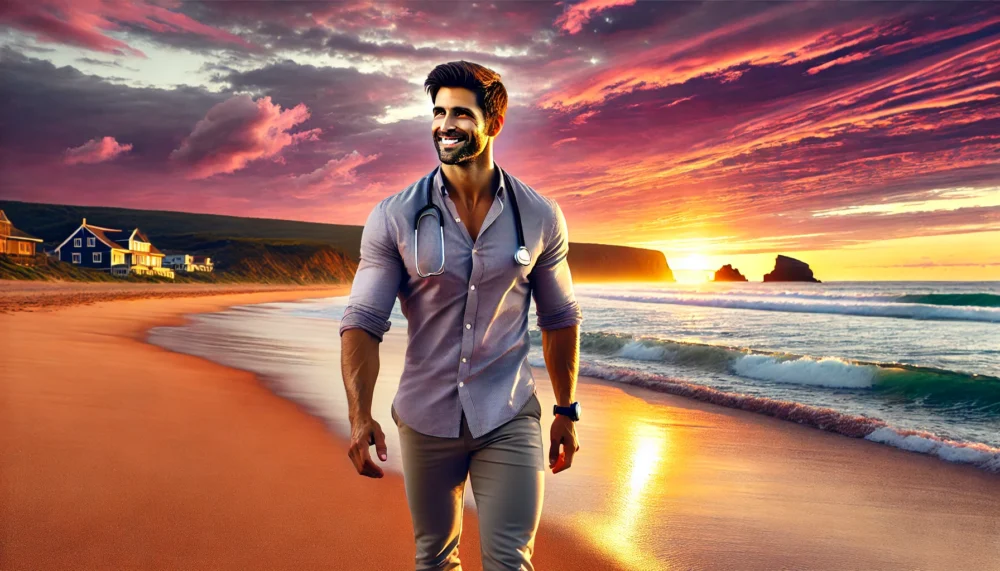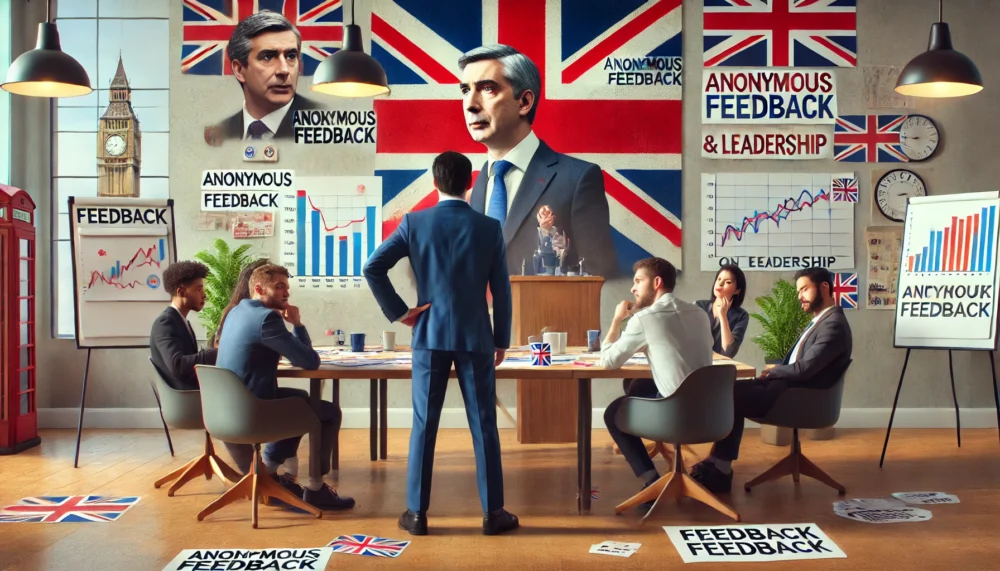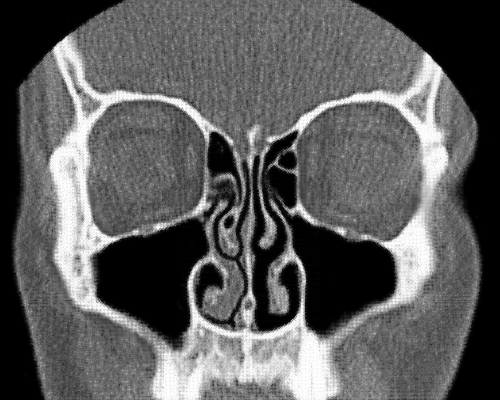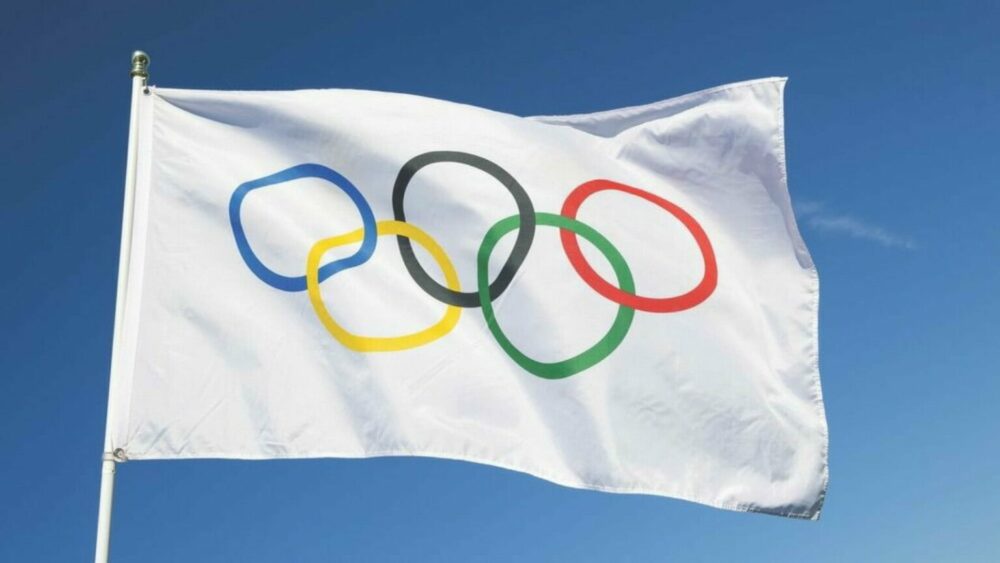A crisis of fact
About a month ago, Charlie Warzel wrote in The Atlantic:
I’m running out of ways to explain how bad this is. The truth is, it’s getting hard to describe the extent to which a meaningful percentage of Americans have dissociated from reality.
It’s a sentiment that reads differently after the outcome of Tuesday’s election—and yet, at the same time, that result makes it a much more pressing issue. Warzel uses Hurricane Milton to frame his argument, pointing out that people chose to lie in ways that put people in harm’s way, and led to the government officials who were trying to help being harrassed and attacked.
Misinformation is not a new problem, and it’s not exclusive to the USA. We all know people who credulously believe ever local bullshit rumour posted on Facebook, in the same way that we all know people who believe ever bit of tittle tattle they overhear. We also all know people who peddle that stuff, even if they probably don’t believe it themselves. The rumour mill spins quickly.
We’ve always told people not to believe this stuff. We tell our children to look for reliable sources—what are officials saying? What are journalists saying?
And yet, Warzel observes that television news was peddling lies, and the people who yesterday became the US President- and Vice President-elect also spread falsehoods. The sources we are supposed to be able to trust have proven their unreliability time and again. This is also not a US-only problem: it has been proven that being sacked for lying is no barrier to becoming Prime Minister, and broadcasting lies that put people at risk of death is not a definitive barrier to retaining a UK broadcast licence.
Here in the UK, the Conservatives have just elected a leader who says that she wants to reduce carbon emissions ‘but not in a way that would damage the economy’—as though she believes that an economy can function without a habitable planet for it to sit on.
It feels increasingly like the world is losing its shared sense of reality.
The world feels dark; for many people, it’s tempting to meet that with a retreat into the delusion that they’ve got everything figured out, that the powers that be have conspired against them directly.
I don’t know how democracy can function in this context—and I don’t know how I’d begin to fix it.
This post was filed under: News and Comment, Politics, Charlie Warzel, The Atlantic.








